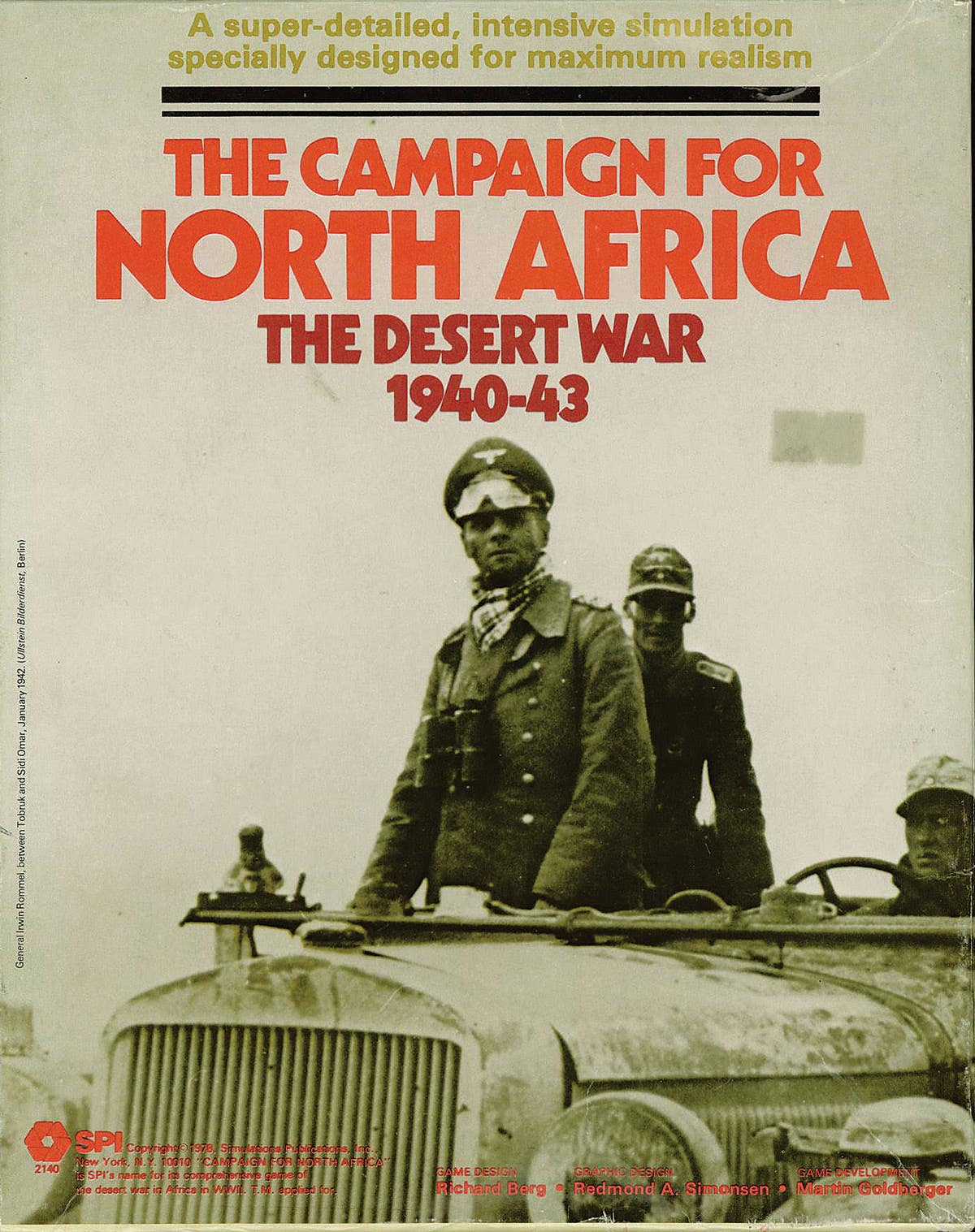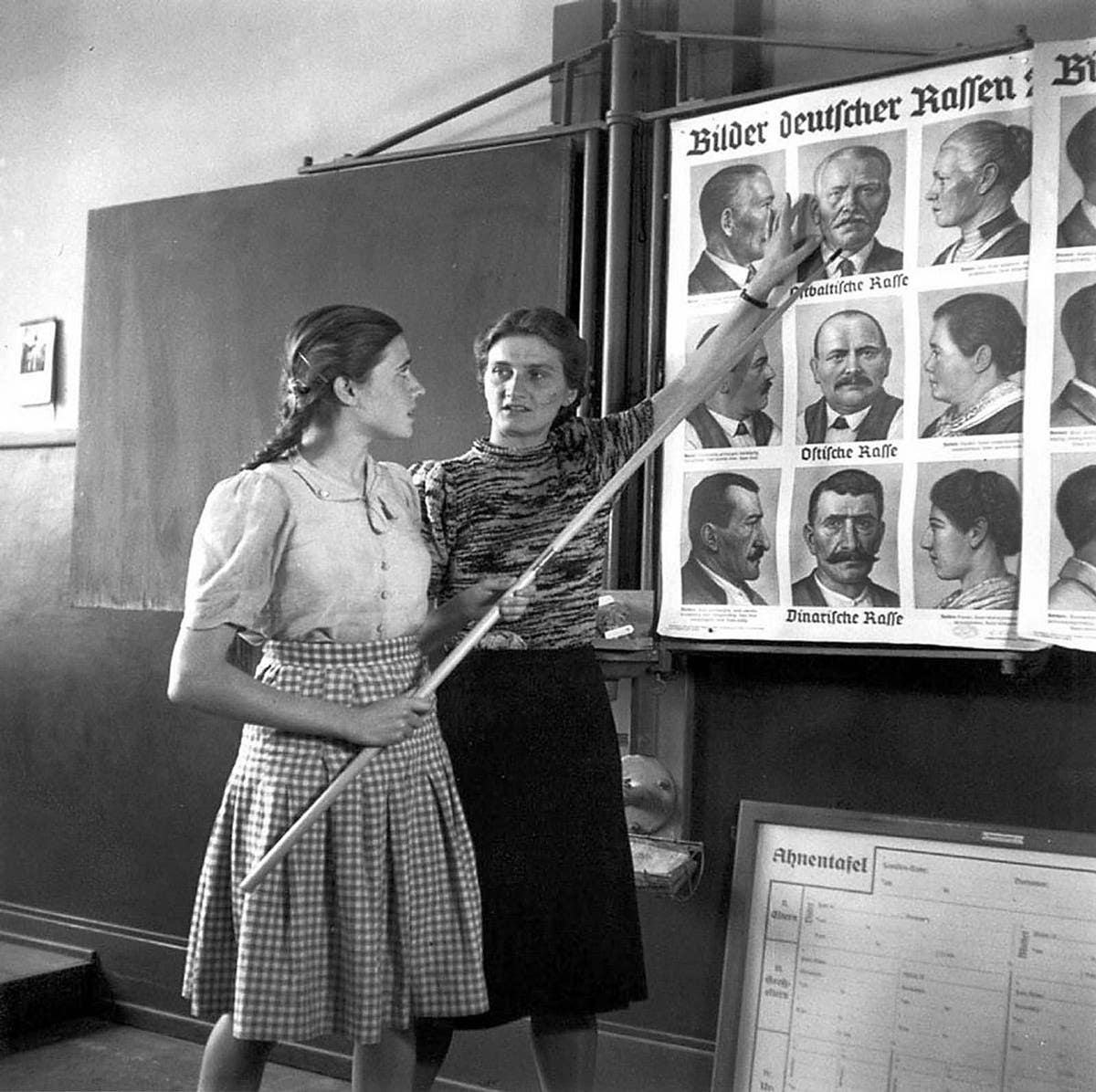Debate re-opens regarding Lincoln letter
A Texas museum hopes a document found in its archives turns out to be an authentic government copy of Abraham Lincoln’s eloquent letter consoling a mother thought to have lost five sons in the Civil War. Historians debate whether Lincoln wrote it.
A Texas museum hopes a document found in its archives turns out to be an authentic government copy of Abraham Lincoln's eloquent letter consoling a mother thought to have lost five sons in the Civil War. The famed “Bixby Letter,” which the Dallas Historical Society is having appraised has a fascinating history. The original has never been found. Historians debate whether Lincoln wrote it.
The letter, written with ``the best of intentions'' 144 years ago, is considered one of the finest pieces of American presidential prose. Historians say Lincoln wrote the letter at the request of a Massachusetts official, who passed along news of a Boston woman grieving the loss of her five sons. The letter is addressed to ``Mrs. Bixby, Boston, Mass.'' And begins with an acknowledgment that nothing written could possibly make a grief-stricken mother feel better about such a horrific loss.
“I feel how weak and fruitless must be any word of mine which should attempt to beguile you from the grief of a loss so overwhelming,” Lincoln wrote. He went on to say that he would pray that God relieve her anguish and leave her with only the “cherished memory of the loved” along with “the solemn pride that must be yours to have laid so costly a sacrifice upon the altar of freedom.” The letter is signed “A Lincoln.”
There was renewed interest in the letter after it was read in the 1998 film “Saving Private Ryan.” It also sparked a new round of debate centering on Lincoln's authorship and the fate of Bixby's sons.
Evidence indicates two of Bixby's sons died, a third was a deserter and a fourth ended up in a prisoner-of-war camp, Cornelius said. A fifth is believed to have received a discharge, but his fate is unknown.
Historians have also argued that John Hay, one of Lincoln's secretaries, wrote the letter. Hay was an accomplished writer who wrote a biography of Lincoln and later became ambassador to the United Kingdom.








